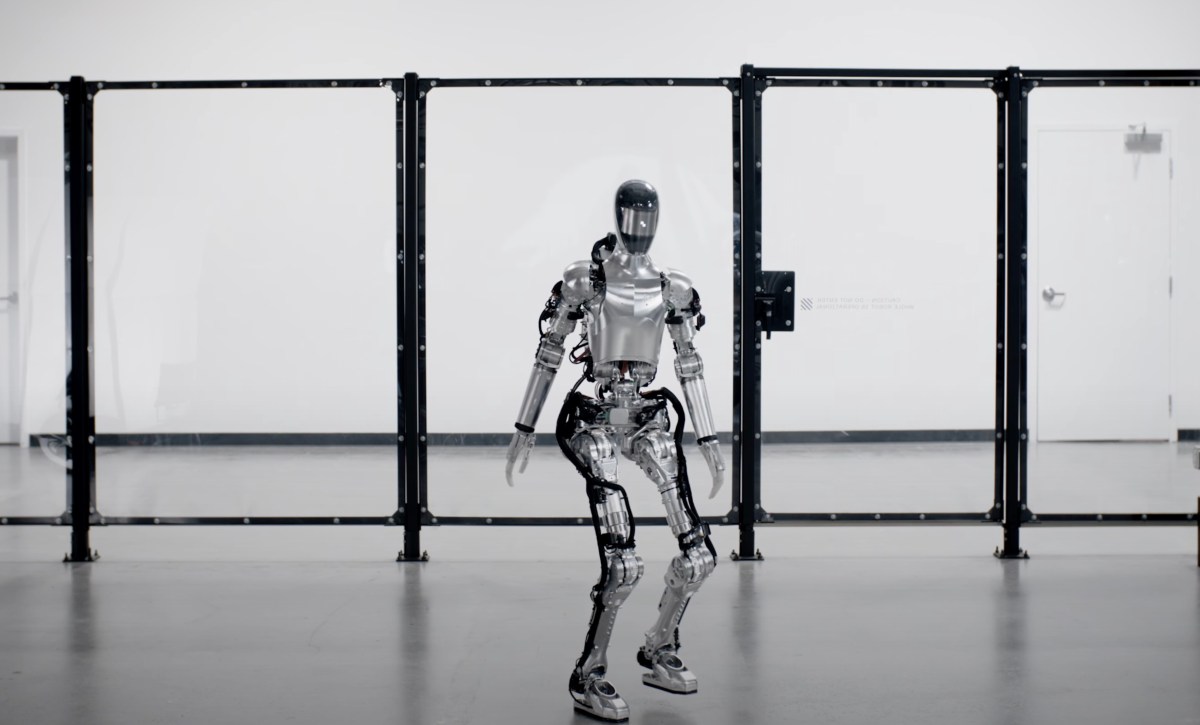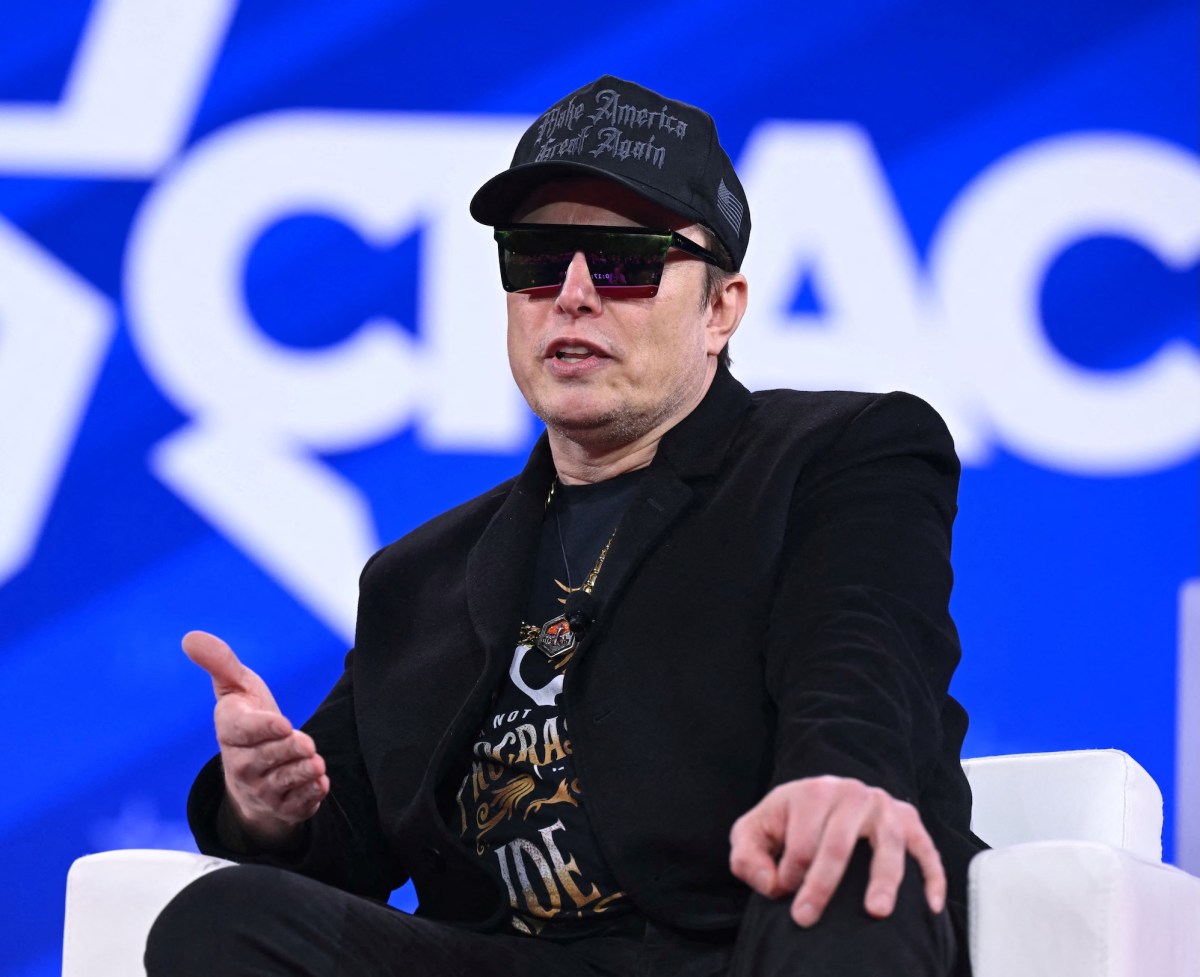Recently, Brett Adcock, the founder of the robotics startup Figure AI, made a claim on X that his company has become the “most sought-after private stock in the secondary market.”
However, it has come to light that Figure AI has sent cease-and-desist letters to at least two brokers operating in the secondary market, as confirmed by the brokers themselves to TechCrunch. The letters allegedly demanded that the brokers cease marketing the company’s stock.
According to the brokers, the letters were received after Bloomberg reported in mid-February that Figure AI was in talks for a new funding round valued at $1.5 billion, which would put the company’s valuation at $39.5 billion. This represents a significant increase from the $2.6 billion valuation achieved in February 2024.
A spokesperson for Figure AI explained to TechCrunch that the company sends such letters when it has not authorized a broker to sell its stock, implying that this is a standard practice for the company.
The spokesperson stated, “When we discovered that an unauthorized third-party broker was marketing Figure shares without the approval of the Figure Board of Directors, the company sent a cease and desist letter, as it has done in the past when similar instances were discovered. We do not permit secondary market trading of our shares without board authorization and will continue to protect ourselves against unauthorized third-party brokers.”
As a private company, Figure AI’s stock cannot be easily sold by investors without a company-authorized event. This limitation has led to the emergence of secondary markets, which offer alternative ways for investors to liquidate their shares before an initial public offering (IPO), such as loans secured by their startup shares that become repayable when the company goes public.
The secondary markets that received the cease-and-desist letters from Figure AI have their own theories about why some CEOs, including Adcock, may be opposed to share sales on their platforms.
According to the brokers, existing shareholders were attempting to sell their stock at a price lower than the hoped-for $39.5 billion valuation. Both brokers suggested that some companies are concerned that lower-priced secondary shares could compete with the new funding round.
Sim Desai, founder and CEO of the secondary shares marketplace Hiive, told TechCrunch that companies may block direct secondary sales because they view it as a “zero-sum game.” However, Desai argues that active secondary market trading could actually attract more interest in primary shares during a new funding round.
Desai further noted that if secondary market activity fails to drive interest in the primary round, the issue may lie with the valuation itself. “If someone is struggling to sell something, it’s often a function of price and valuation rather than the availability of capital,” he said.
Figure AI has also been the subject of several recent news articles, including those describing the company’s progress with its prominent customer, BMW. In response, Figure AI has denied the accuracy of some reports, even threatening to take legal action in one instance.
The amount Figure AI will raise in its next funding round, as well as the valuation it will achieve, remains to be seen. It is also uncertain whether existing investors will be able to cash out through secondary transactions.
Source Link





